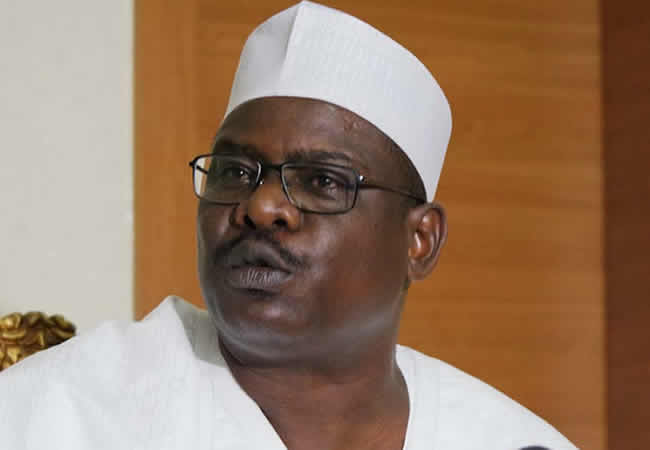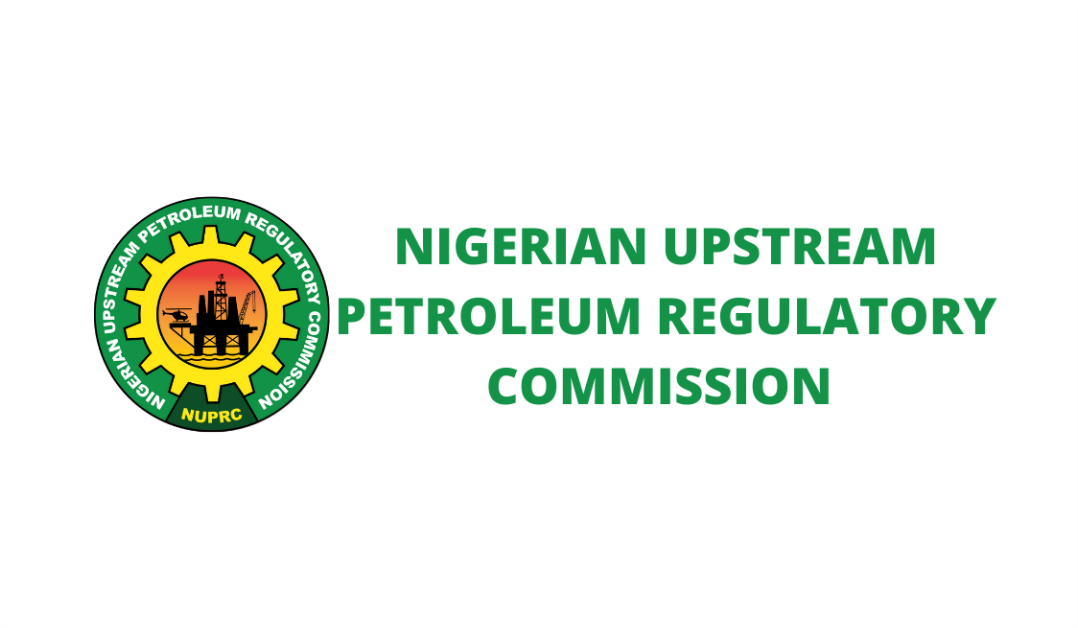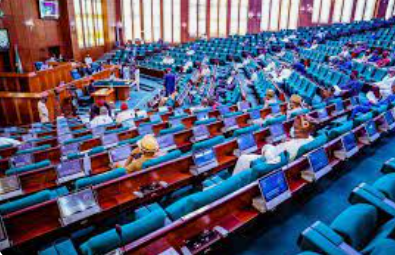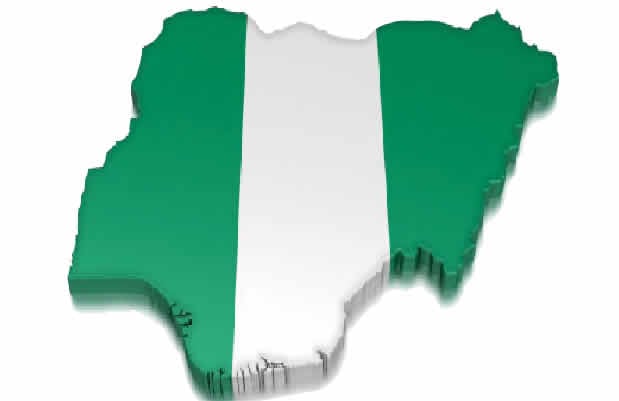
Abuja, Nigeria – Former Senate Leader, Ali Ndume, has cautioned labour unions and oil industry stakeholders against what he described as a growing attempt to demonise the Dangote Refinery amid ongoing disputes in the downstream petroleum sector.
His intervention follows the standoff between the refinery’s management, the Nigerian Union of Petroleum and Natural Gas Workers (NUPENG), and the Depot and Petroleum Products Marketers Association of Nigeria (DAPPMAN).
NUPENG had recently embarked on industrial action, shutting down depots over the refinery’s alleged refusal to allow truck drivers to join the union, while DAPPMAN accused the refinery of stifling competition by offering cheaper products to international traders than to Nigerian marketers.
Although the Department of State Services (DSS) has intervened to mediate, tensions remain high.
In a statement issued in Abuja on Wednesday, Ndume warned against what he called “a poisonous media narrative to paint Dangote in a bad light in the eyes of Nigerians and the international community.”
“I urge NUPENG, PENGASSAN, and all concerned stakeholders to engage in constructive dialogue with Dangote rather than inciting division and undue sensationalism in the media. Our common goal should be to balance labour rights with the imperatives of national development and not put ordinary citizens at the receiving end of a needless power tussle,” he said.
The senator recalled that past administrations granted licenses to private operators to build refineries as far back as 2002, and again in 2007, but most licensees failed to act. He noted that even modular refinery licenses issued during the Buhari administration were largely underutilised.
“Before Dangote took the risk to build his refinery, many Nigerians were given opportunities. Some only cashed in on crude oil allocations without constructing anything. Those who now parade themselves as importers are ganging up to falsely accuse Dangote of monopolising the market,” he argued.
Ndume, who represents Borno South, insisted that monopoly claims are misplaced, as the Federal Government has already deregulated the sector under the Petroleum Industry Act to ensure fair competition.
“It is wrong to talk about monopoly in a deregulated industry. There are no deliberate bottlenecks against anyone, and no player has been accorded a special concession to the detriment of others,” he said.
He further urged regulators, including the Ministry of Petroleum Resources and the Nigerian Midstream and Downstream Petroleum Regulatory Authority (NMDPRA), to step in and prevent disputes from undermining petroleum product distribution.



